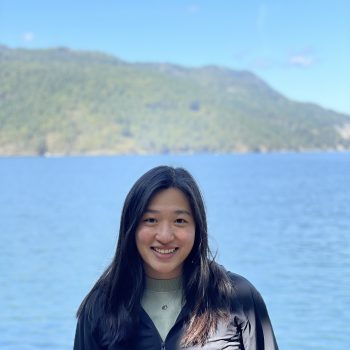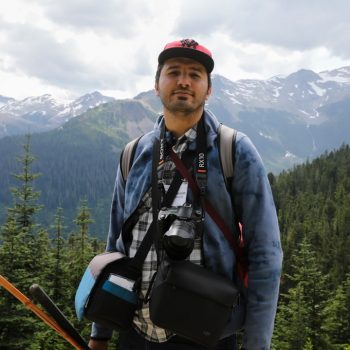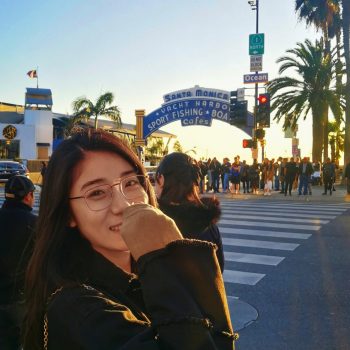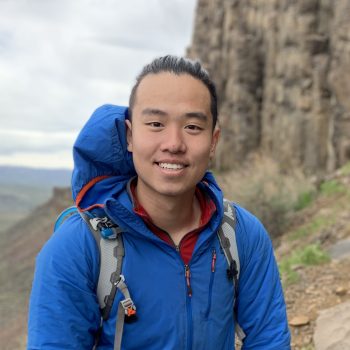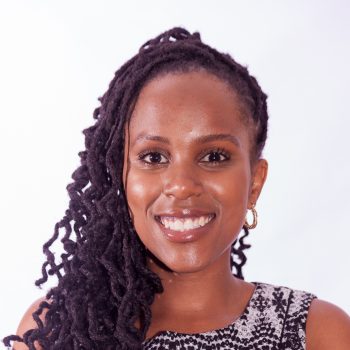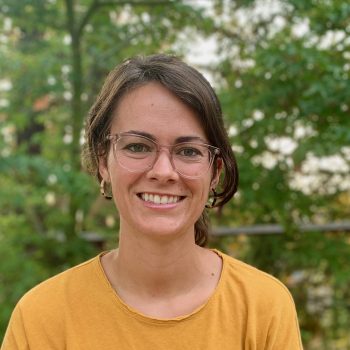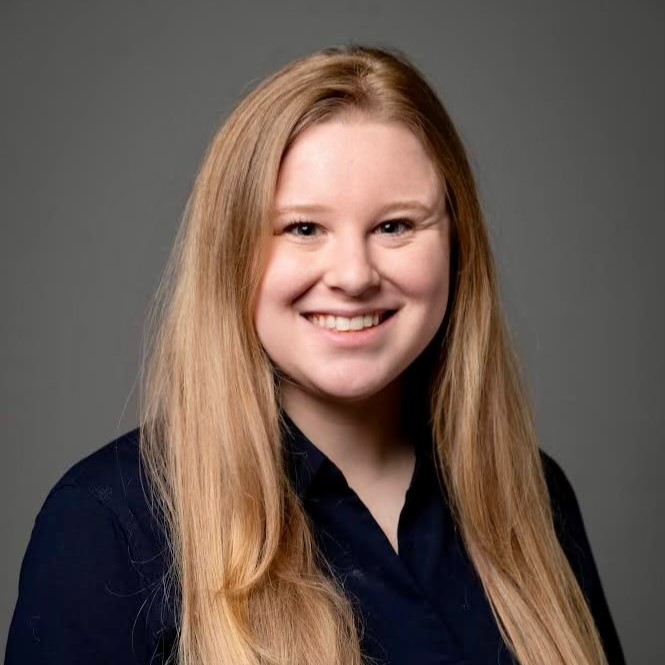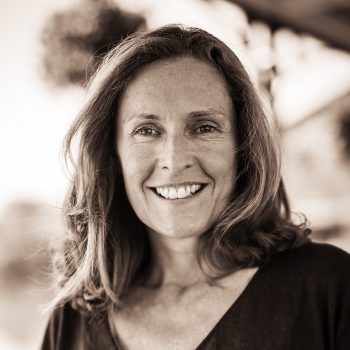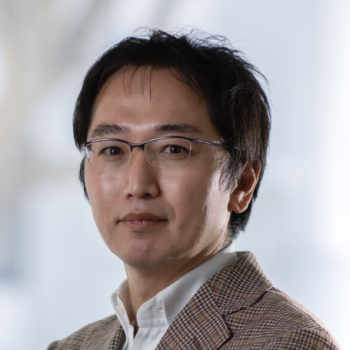Research Bio
Emily Edwards is a PhD student at the Institute for Resources, Environment and Sustainability supervised by Professor Leila Harris. As a member of the EDGES Research Collaborative, Emily’s research focuses on claims concerning water governance shifts associated with increased use of decentralized water infrastructure in cities, using household rainwater harvesting as a focal point to explore the relationships between municipal government, urban residents, and water infrastructure.
Emily holds a MSc degree in Hydrologic Sciences from the University of California, Davis, and a BSc degree in Earth Science from the University of California, Santa Cruz. Her experiences studying water in California during an extended drought and working as a groundwater remediation hydrogeologist at a Superfund site led to a desire to contextualize water quality and quantity concerns beyond what was prescribed through a physical science lens. By building a foundation in qualitative methods and grounding her perspective in urban political ecology and critical infrastructure studies, Emily hopes to understand current and future water issues within their political, cultural, and environmental contexts.
In her free time, Emily enjoys being outdoors (hiking, climbing, and playing soccer), reading and writing fiction, and hanging out with her two dogs.
IRES Student Society Bio
Emily (she/her) is a third year PhD student and served as the IRES Student Society’s co-president alongside Dana. The co-presidents support the other Student Society teams with their events, trips, seminars and socials, and act as liaisons between students and faculty and staff. Emily hoped to foster the open, inclusive, and supportive community already present within IRES, and is always available to answer questions or chat about concerns over email or in the office. In her free time, Emily likes to play soccer, write novels she never finishes, and hang out with her two dogs.
Featured Publications
Edwards, E.C., Nelson, C., Harter, T., Bowles, C., Li, X., Lock, B., Fogg, G.E., & Washburn, B.S. (2022). Potential effects on groundwater quality associated with infiltrating stormwater through dry wells for aquifer recharge. J Contam Hydrol, 246. doi:10.1016/j.jconhyd.2022.103964
Edwards, E. C., Harter, T., Fogg, G. E., Washburn, B., & Hamad, H. (2016). Assessing the effectiveness of drywells as tools for stormwater management and aquifer recharge and their groundwater contamination potential. Journal of Hydrology, 539, 539-553. doi:10.1016/j.jhydrol.2016.05.059
